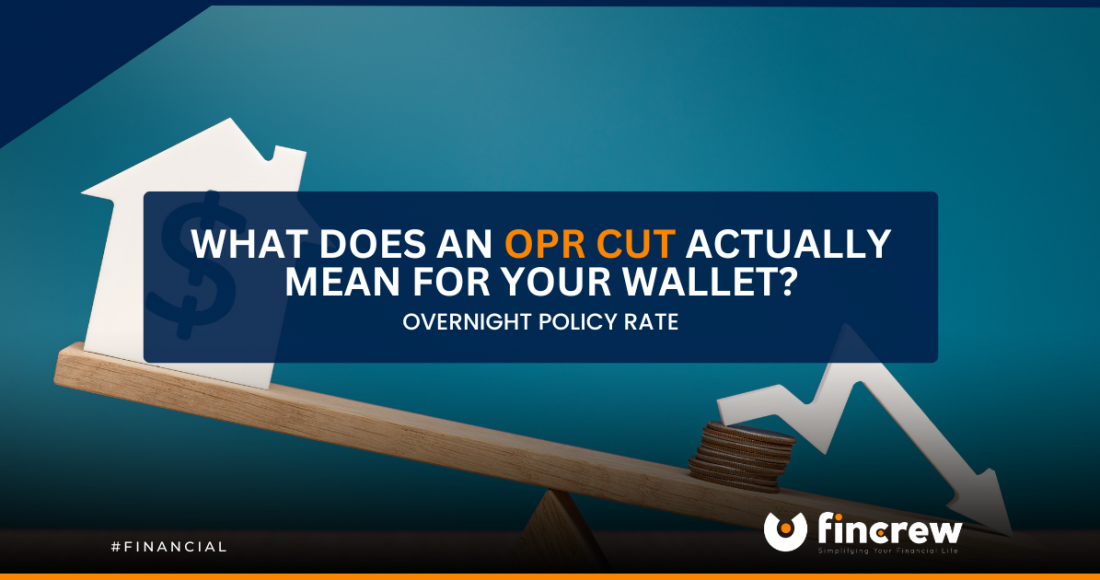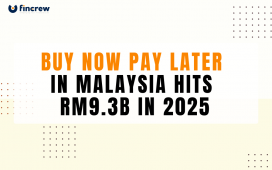Bank Negara Malaysia (BNM) occasionally makes headlines when it adjusts the Overnight Policy Rate (OPR), and for good reason — it directly affects your financial life. But what exactly does an OPR cut mean for everyday Malaysians?
Let’s break it down.
What Is the OPR and Why Does It Matter?
The Overnight Policy Rate (OPR) is the interest rate at which banks lend to each other overnight. Set by Bank Negara Malaysia, it’s a critical tool used to control inflation and stimulate (or cool down) the economy.
A lower OPR typically encourages people and businesses to borrow and spend more, as loans become cheaper. On the flip side, a higher OPR helps slow down spending and control inflation — but can make borrowing more expensive.
So, What Happens When the OPR Is Cut?
If BNM decides to reduce the OPR, here’s how it impacts your personal finances:
✅ Cheaper Loans
Your monthly repayments on variable rate loans like home loans, personal loans, or car loans could go down. This means extra cash in your pocket each month.
✅ Credit Card Rates May Drop Slightly
Although not directly linked, some banks may revise down their credit card interest rates over time. But don’t expect dramatic changes here.
✅ Fixed Deposits = Lower Returns
Bad news for savers — FD interest rates may also drop, meaning you earn less from keeping your money in the bank.
Why Would BNM Cut the OPR?
BNM uses the OPR to help manage the country’s economy. A cut is often intended to:
- Stimulate economic growth during slowdowns
- Encourage consumer and business spending
- Help borrowers manage rising living costs
It’s especially helpful during tough times, such as inflation spikes or post-pandemic recovery.
What Should You Do As a Consumer?
-
Review Your Loan Agreements – See if your loans are pegged to the Base Lending Rate (BLR) or Base Rate (BR). These will usually follow OPR trends.
-
Refinance If It Makes Sense – With lower interest rates, it might be a good time to refinance a mortgage.
-
Rethink Savings Plans – If FDs are no longer attractive, consider other investment options like insurance savings plans or unit trusts (but always assess your risk appetite).
-
Don’t Over-Borrow – Cheaper loans are tempting, but remember: debt is still debt.
Bottom Line
An OPR cut may seem like economic jargon, but it has a real impact on your daily financial decisions. Whether you’re paying off a home, saving for the future, or running a business, it’s important to stay informed and adjust your strategy accordingly.
At Fincrew, we keep a close eye on policy changes so you can make better, smarter financial choices.





